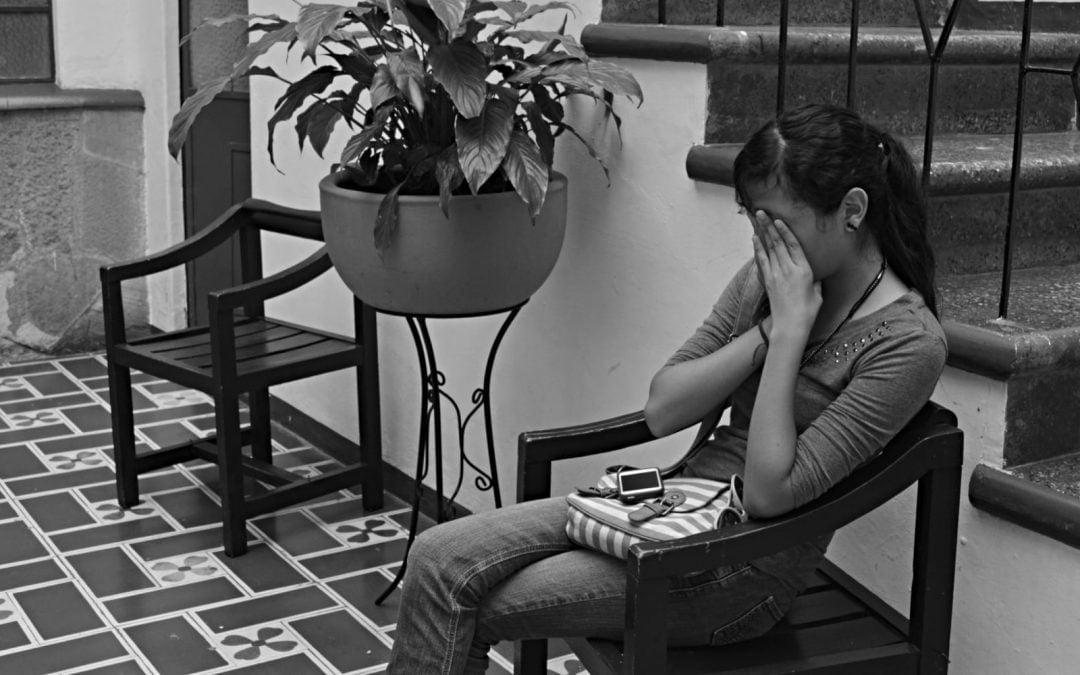All but three U.S. states have improved, since 2011, initiatives to reduce the sex trafficking of minors, according to a report published in mid-November 2018 by Shared Hope International and the Center for Justice and Advocacy.
Grades – from “A” to “F” – are provided for the 50 U.S. states and the District of Columbia by assessing each state’s laws related to the criminalization of minor sex trafficking (including provisions related to prosecuting traffickers and facilitators and curbing demand) and providing protection for child victims.
The report only assesses states based on the laws currently in place. It does not evaluate how effectively and consistently the legal provisions are applied and enforced.
Ten states received an “A” grade: Alabama, Florida, Kansas, Louisiana, Montana, North Carolina, Oklahoma, Tennessee, Texas and Washington (state).
“B” grades were most common, with 25 states receiving that rating, including Delaware, Georgia, Indiana, Massachusetts and West Virginia.
The 10 states to receive a “C” were Alaska, California, Connecticut, Hawaii, Idaho, North Dakota, Ohio, Rhode Island, Vermont and Virginia. The District of Columbia also received a “C” rating.
Five states – Maine, New Mexico, New York, South Dakota and Wyoming – received a “D” grade.
No states received an “F” – a significant improvement from 2011 when 26 states were rated “F” – yet, three states, Illinois (B), Missouri (B) and New York (D), have not raised their grades since 2011.
The other 47 states and D.C. had all raised their grades by at least one level over the same time period, with Kansas and Montana increasing four grade levels (from “F” to “A”).
Four states improved their grade from 2017 to 2018 – Alabama and North Carolina moved from “B” to “A,” South Carolina from “C” to “B” and Vermont from “D” to “C.”
A press release announcing the report highlighted how grassroots advocacy initiatives in several states helped improve efforts to end child trafficking.
The full report is available here.


